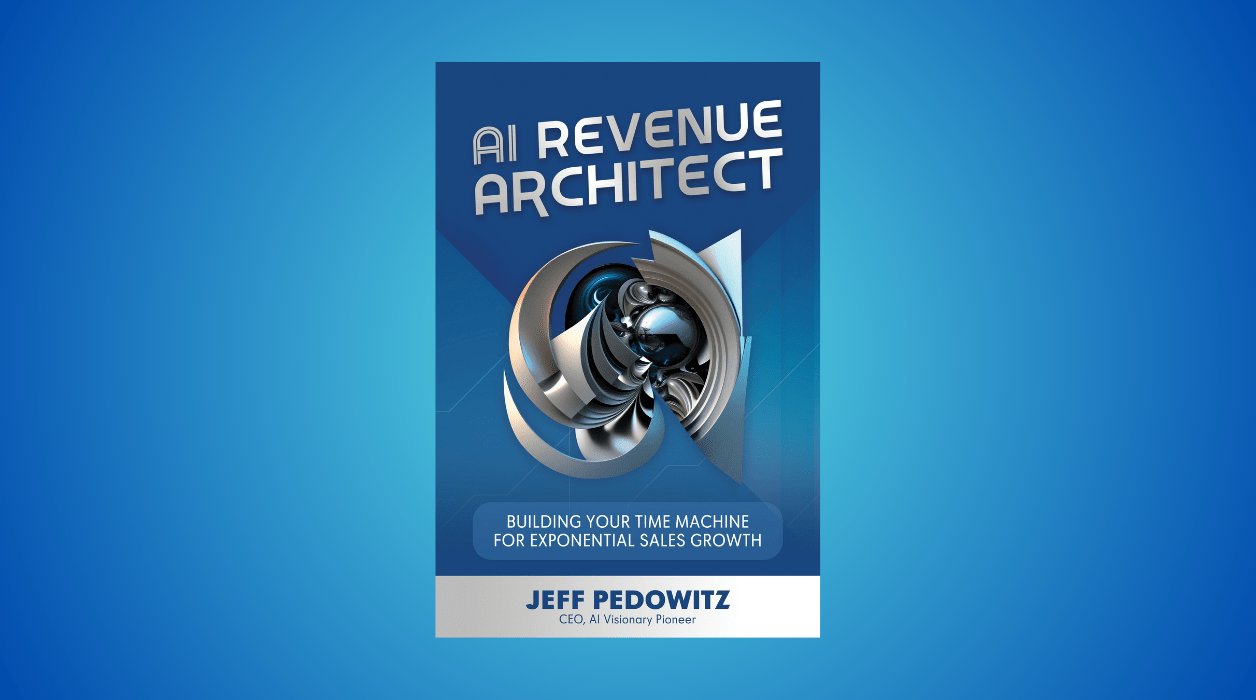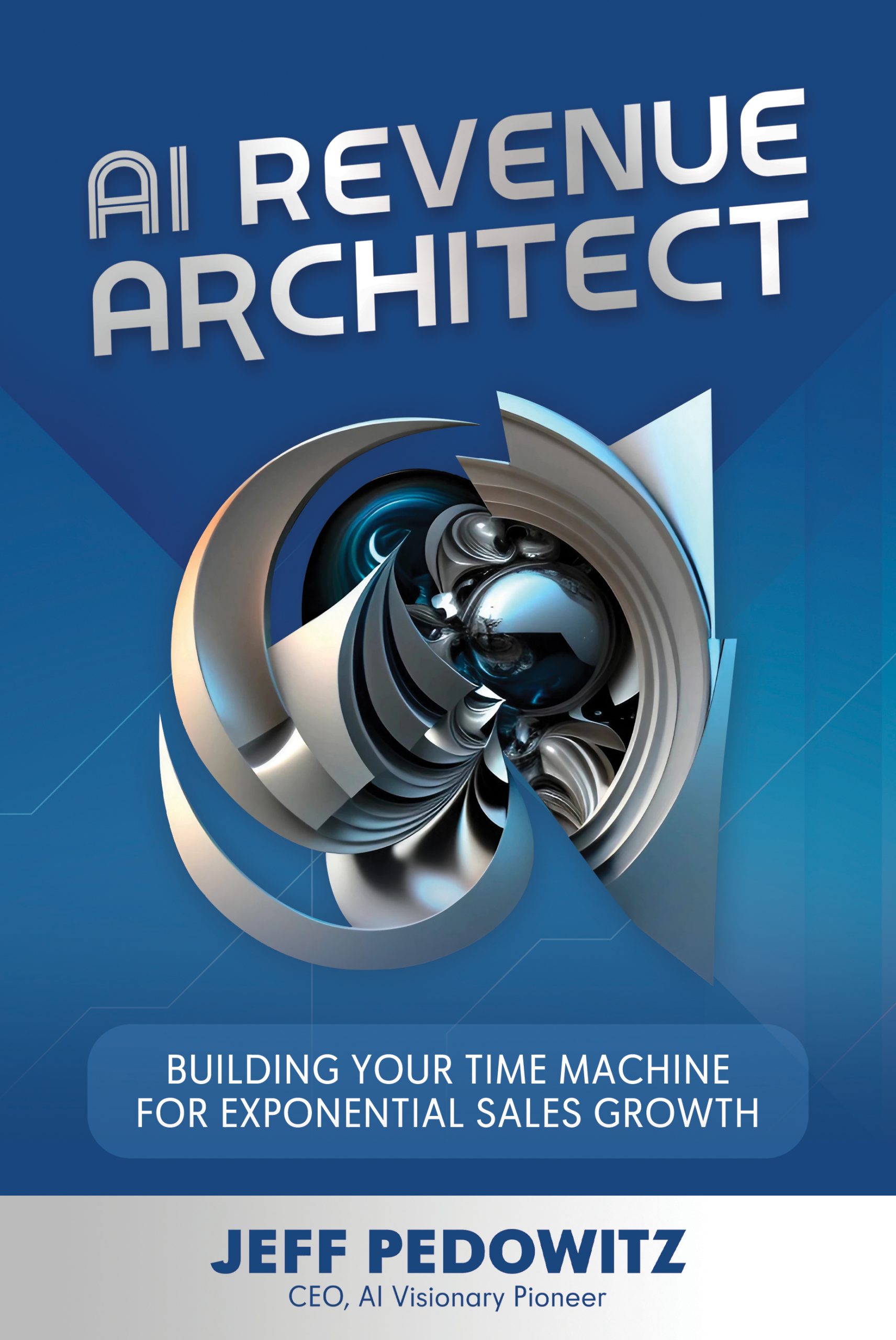Real-World AI Triumphs: Transforming Revenue Models for the Future

John E. Kaye
- Published
- Home, Technology, Uncategorized

Artificial Intelligence (AI) is not just a technological advancement; it’s a business revolution. As we move from a digital age into an era of intelligent machines, the real triumph lies in leveraging AI for revenue transformation. Here’s how businesses are doing it and what I envision as the trajectory for AI’s transformative impact on revenue.
Five Solid Examples of AI in Revenue Transformation
1. Predictive Maintenance in Manufacturing
Companies like General Electric are using AI to predict when machinery and equipment are likely to fail, allowing for timely maintenance. This not only reduces downtime but also optimizes the supply chain, leading to significant cost savings and increased revenue.
2. AI-Driven Customer Segmentation
Retail giants like Amazon and Walmart use AI algorithms to segment their customer base more effectively. By understanding customer behavior at a granular level, they can offer personalized recommendations, thereby increasing sales and customer lifetime value.
3. Fraud Detection in Financial Services
AI algorithms can analyze millions of transactions in real time to identify fraudulent activities. This not only saves millions in potential losses but also enhances customer trust, which is invaluable for customer retention and long-term revenue growth.
4. AI in Drug Discovery
Pharmaceutical companies are using AI to accelerate the drug discovery process. By analyzing complex biochemical interactions, AI can significantly shorten the time to market for new drugs, creating a faster revenue stream.
5. Automated Content Generation
Companies like the Associated Press are using AI to generate news articles and reports. This automation allows for a more efficient allocation of human resources to more complex tasks, thereby increasing productivity and revenue.
The Trajectory of AI: My Perspective
AI is evolving from being a mere facilitator to becoming the core of business strategy. We are entering an era where AI will not just be an operational tool but a revenue-generating asset. The future will see the rise of AI-driven business models that are designed around data intelligence and predictive analytics.
The Loop Model for Lifetime Customer Engagement
In my work at The Pedowitz Group, we’ve developed the Loop Model for Lifetime Customer Engagement. This model is designed to integrate AI at every touchpoint, from customer acquisition to retention, thereby creating a continuous loop of revenue generation.
Guidelines for Businesses
Strategic Integration: AI should be integrated into the business strategy, not just as a tool but as a core component of revenue generation.
Ethical and Responsible AI: As we rely more on AI, ethical considerations like data privacy and fairness become paramount.
Invest in Talent and Training: An AI-ready team is essential for implementing and scaling AI initiatives.
Measure to Manage: ROI should be continuously monitored to adapt and evolve AI strategies.
Collaborate and Commit: Building an AI council within the organization can help in aligning various departments and stakeholders.
The transformative impact of AI on revenue is not a future possibility; it’s a current reality. Businesses that adapt and integrate AI into their strategic fabric will not just optimize their operations; they will revolutionize their revenue streams. The AI wave is here, and it’s time for businesses to ride it to new heights.
ABOUT THE AUTHOR


Jeff Pedowitz is an expert in marketing, sales, technology, and AI with a focus on driving revenue. He is the Founder and CEO of The Pedowitz Group, a consultancy that specializes in making marketing the revenue engine for your company.
RECENT ARTICLES
-
 AI-driven phishing surges 204% as firms face a malicious email every 19 seconds
AI-driven phishing surges 204% as firms face a malicious email every 19 seconds -
 Deepfake celebrity ads drive new wave of investment scams
Deepfake celebrity ads drive new wave of investment scams -
 Europe eyes Australia-style social media crackdown for children
Europe eyes Australia-style social media crackdown for children -
 Europe opens NanoIC pilot line to design the computer chips of the 2030s
Europe opens NanoIC pilot line to design the computer chips of the 2030s -
 Building the materials of tomorrow one atom at a time: fiction or reality?
Building the materials of tomorrow one atom at a time: fiction or reality? -
 Universe ‘should be thicker than this’, say scientists after biggest sky survey ever
Universe ‘should be thicker than this’, say scientists after biggest sky survey ever -
 Lasers finally unlock mystery of Charles Darwin’s specimen jars
Lasers finally unlock mystery of Charles Darwin’s specimen jars -
 Women, science and the price of integrity
Women, science and the price of integrity -
 Meet the AI-powered robot that can sort, load and run your laundry on its own
Meet the AI-powered robot that can sort, load and run your laundry on its own -
 UK organisations still falling short on GDPR compliance, benchmark report finds
UK organisations still falling short on GDPR compliance, benchmark report finds -
 A practical playbook for securing mission-critical information
A practical playbook for securing mission-critical information -
 Cracking open the black box: why AI-powered cybersecurity still needs human eyes
Cracking open the black box: why AI-powered cybersecurity still needs human eyes -
 Tech addiction: the hidden cybersecurity threat
Tech addiction: the hidden cybersecurity threat -
 Parliament invites cyber experts to give evidence on new UK cyber security bill
Parliament invites cyber experts to give evidence on new UK cyber security bill -
 ISF warns geopolitics will be the defining cybersecurity risk of 2026
ISF warns geopolitics will be the defining cybersecurity risk of 2026 -
 AI boom triggers new wave of data-centre investment across Europe
AI boom triggers new wave of data-centre investment across Europe -
 Make boards legally liable for cyber attacks, security chief warns
Make boards legally liable for cyber attacks, security chief warns -
 AI innovation linked to a shrinking share of income for European workers
AI innovation linked to a shrinking share of income for European workers -
 Europe emphasises AI governance as North America moves faster towards autonomy, Digitate research shows
Europe emphasises AI governance as North America moves faster towards autonomy, Digitate research shows -
 Surgeons just changed medicine forever using hotel internet connection
Surgeons just changed medicine forever using hotel internet connection -
 Curium’s expansion into transformative therapy offers fresh hope against cancer
Curium’s expansion into transformative therapy offers fresh hope against cancer -
 What to consider before going all in on AI-driven email security
What to consider before going all in on AI-driven email security -
 GrayMatter Robotics opens 100,000-sq-ft AI robotics innovation centre in California
GrayMatter Robotics opens 100,000-sq-ft AI robotics innovation centre in California -
 The silent deal-killer: why cyber due diligence is non-negotiable in M&As
The silent deal-killer: why cyber due diligence is non-negotiable in M&As -
 South African students develop tech concept to tackle hunger using AI and blockchain
South African students develop tech concept to tackle hunger using AI and blockchain



























